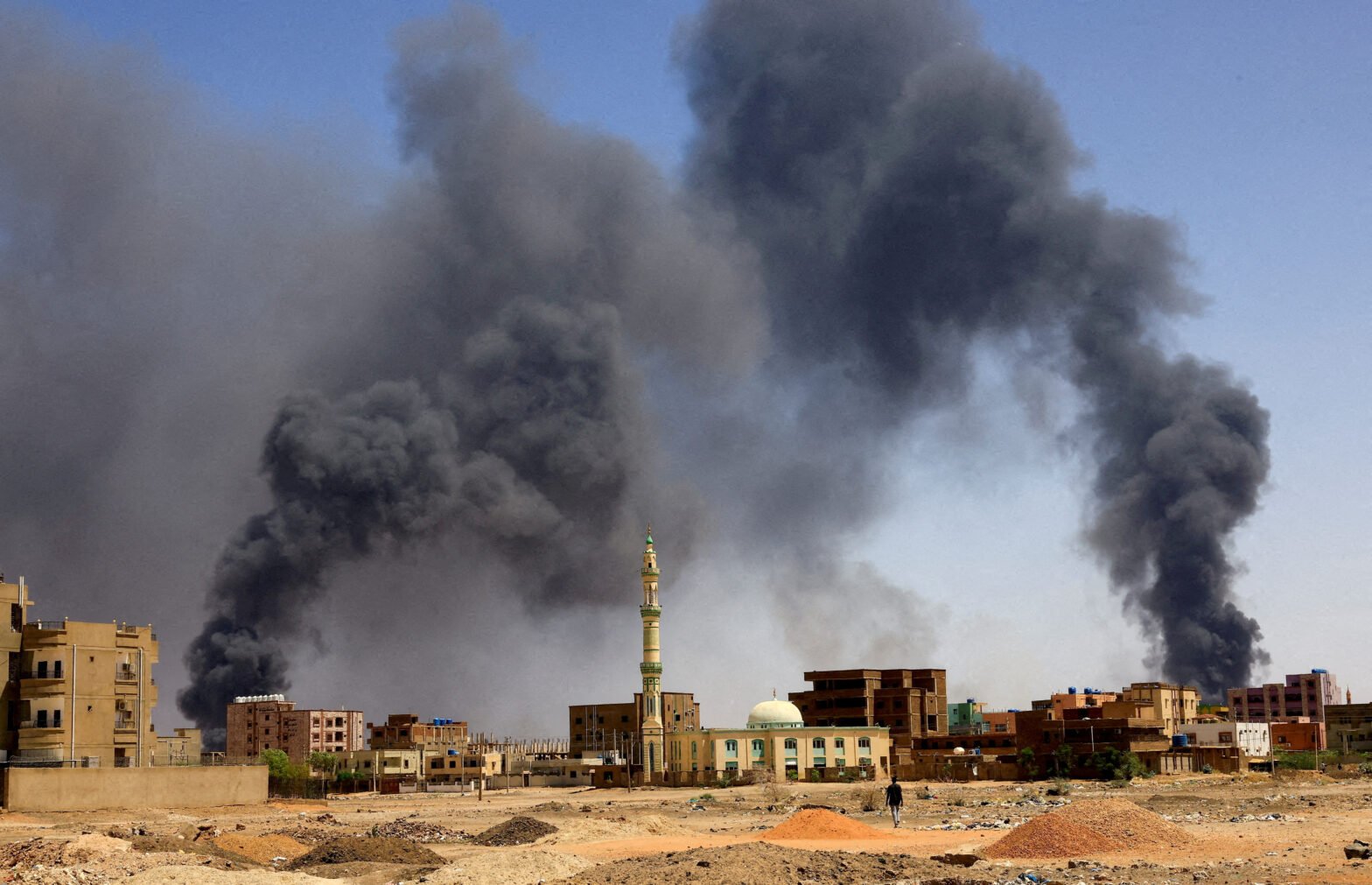Fires being used as a weapon in Sudan destroyed more villages and towns in the country’s west in April than in any other month since the conflict began more than a year ago, an analysis by a U.K.-based rights group said Monday.
Sudan Witness, an open-source project run by the nonprofit Center for Information Resilience, said 72 villages and settlements were either destroyed or damaged by fires last month, bringing the total number of settlements hit by fire in Sudan to 201 since the conflict began in mid-April of last year.
“We’ve documented the patterns of numerous fires and the continuing devastation to settlements around western Sudan, large and small, since the conflict broke out last April,” Anouk Theunissen, Sudan Witness project director, said in a news release Monday.
“When we see reports of fighting or airstrikes coinciding with clusters of fires it indicates that fire is being used indiscriminately as a weapon of war. The trend is worsening and continues to lead to the mass displacement of Sudanese people,” Theunissen said.
The number of fires surged particularly in the north and west of el-Fasher, the capital city of North Darfur state that faces a threat of an imminent military attack.
Sudan has been engulfed by violence since mid-April 2023, when tensions between the Sudanese military and the paramilitary Rapid Support Forces broke out into intense fighting across the country. Clashes quickly spread to other parts of Sudan, including Darfur, which witnessed brutal attacks.
Investigators with the Sudan Witness project examined the patterns of fires across the war-torn country by using social media, satellite imagery and NASA’s public fire monitoring data.
Since the conflict broke out, blazes have been set more than once to 51 settlements sheltering displaced people.
Fires in Sudan have often been connected to conflict, according to the group’s analysis. In one instance, Sudan Witness was able to verify fires that coincided with reports of Sudanese military airstrikes. Investigators with the project also identified the damage to buildings to be consistent with shrapnel.





















